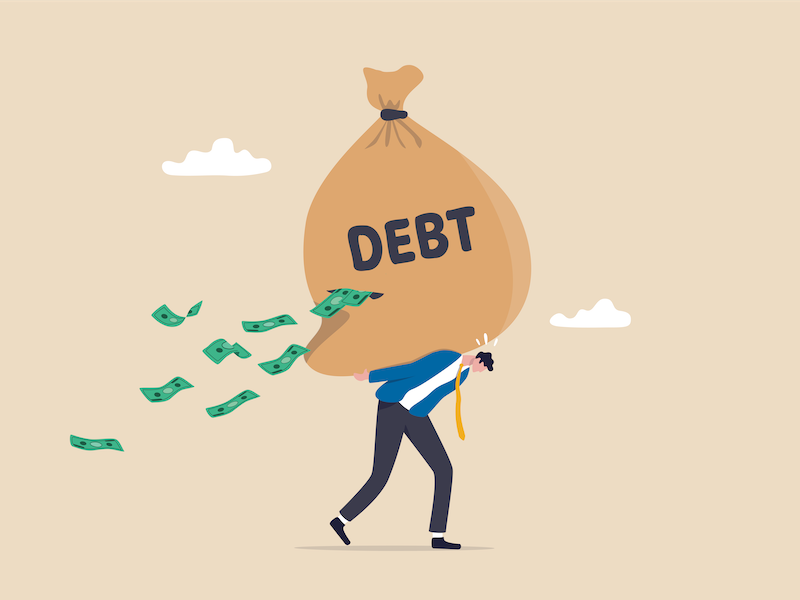Household debt in Nigeria have rise to $38.7 billion at the end of the first quarter of 2025,
The latest figure is the highest level since 2005 when it was $4.6 billion.
The figure however increased by 4.6 per cent compared to $37 billion in the first quarter of 2024 according to the Global Debt Monitor from the Institute of International Finance (IIF), a Washington-based association representing over 400 global financial institutions.
According to data provided in the Global Debt Monitor Nigeria’s household debt now surpasses the combined debt of non-financial and financial corporations, which stands at $12.6 billion and $23.6 billion, respectively at the end of the first quarter of 2025.
It is however much lower than the public debt, estimated at $98.8 billion.
The data showed that public debt had declined substantially from $195.3 billion in the first quarter of 2023, the highest recorded since 2005. This shows a 49.4 per cent decline in public debt between the first quarter of 2023 and the first quarter of 2025. Compared to last year, when it was $91.9 billion, public debt had risen by 7.5 per cent.
Similarly, non-financial corporates’ debt which had hit $48.5 billion in the first quarter of 2023 had been on a decline dropping to $10.9 billion in the first quarter of last year before rising to $12.6 billion in the first quarter of 2025.
For financial corporates, debt had remained relatively stable hovering in the range of $20 billion since 2019. It had also reached its peak in the first quarter of 2023 when it stood at $27,9 per cent before dropping to $20.5 billion in the first quarter of 2024. It however rose to $23.6 billion at the end of the 2025 Q1.
According to the IIF, household debt is the financial commitments individuals and families undertake for personal consumption or investment. This includes mortgage loans, consumer credit, and bank overdrafts. While the data does not explicitly state if sole proprietorships are included, regional trends suggest the debt primarily relates to private households, with small family businesses often accounted for separately.
This debt represents 20.4 per cent of Nigeria’s gross domestic product (GDP). This is a high ratio for an emerging economy, especially given persistent inflation, which was 23 per cent in February 2025 according to the Central Bank of Nigeria. Furthermore, per capita income in Nigeria remains low at around $2,000, according to the World Bank in 2023.
Although the IIF report did not provide a breakdown of loan types, the World Bank suggests that consumer credit and bank overdrafts likely dominate borrowing in the country. A February 2025 Central Bank of Nigeria report indicated consumer loans saw a slight dip from $2.6 billion in January to $2.5 billion in February. This reflects growing caution among banks regarding default risks.
Conversely, outstanding credit in the agriculture and services sectors, often driven by family-run businesses, has seen a modest increase. This highlights small, informal businesses’ increasing reliance on credit due to limited access to formal savings mechanisms. Banking penetration in Nigeria is only around 40 per cent according to the World Bank.





